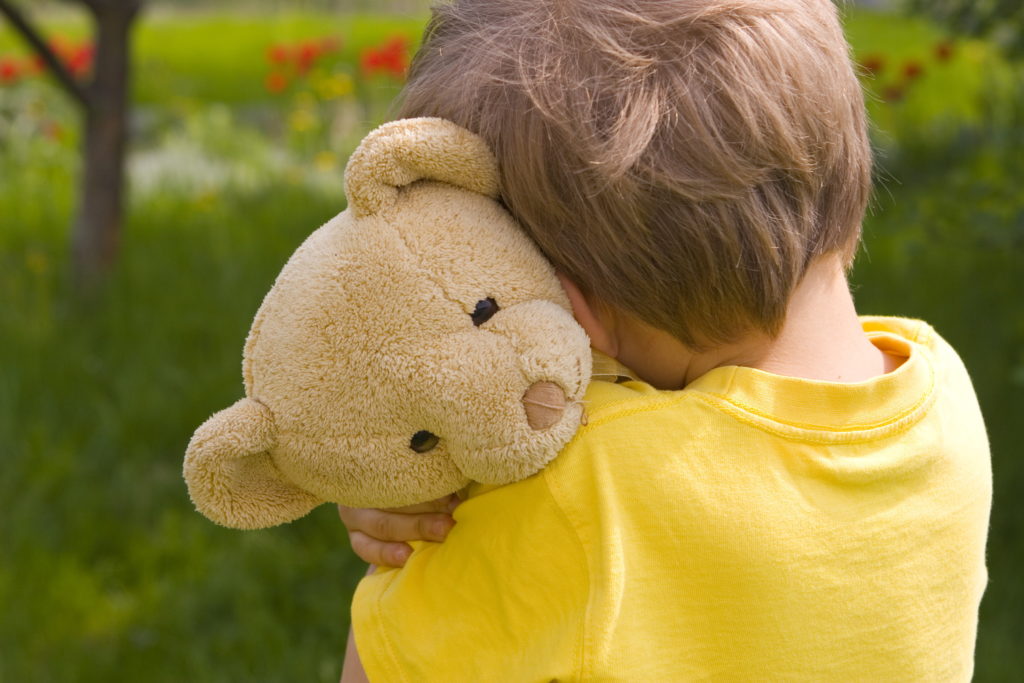Childhood Experiences
How this affects your weight as an adult
Adverse Childhood Experiences
Current research shows us that our childhood experiences play a big role when it comes to our physical, mental, and emotional health as adults. Compared with a person with no adverse childhood experiences, or ACEs, a person with four or more has almost double the risk of obesity. Having four or more ACEs more than doubles the risk of heart attack and stroke, and nearly quadruples the risk of emphysema. The risk for depression is more than quadrupled. Although many of these outcomes could reflect the influences of genes and other environmental influences — beyond those occurring in childhood — the tight relationship between increasing ACE numbers and increasing health risks makes the role of child trauma clear.


So just how do childhood experiences cause physical effects like obesity, heart attack or stroke?
There are at least two interconnected pathways — one physiological, the other psychological. The psychology is relatively straightforward: being abused or otherwise traumatized is painful, and food can be a numbing or comforting escape. Hence, abused children may turn to overeating, which causes obesity. In essence, we “self-medicate” with carbs.
ACEs are also strongly linked with other types of unhealthy “self-medication”: for instance, cigarette smoking (which accounts for the increased rate of emphysema among high ACE scorers) and drug abuse (having four or more ACEs increases the risk of injectable-drug use by a factor of 10). Dr. Vincent Felitti, a leading ACE researcher states that “being fat [or having other unhealthy behaviors] is not the problem. It’s the solution.” Food is literally the coping tool and extra weight adds a layer of protection.
Physiologically, research on the biology of stress shows how major adversity can affect brain and organ developement, partly due to putting the body’s stress response system on high alert. This increases the risk of stress related disease and cognitive impairment well into the
adult years.
Traditionally, the health care system (and weight management programs) would point to high-risk as poor diet or a sedentary lifestyle as the primary cause of obesity. Questions for patients have focused on “What’s wrong with you?”. At EXCEL Weight Loss Soutions we ask “What happened to you?”and “How can we help you heal that?”
Got stress?!? Watch this video to learn how modern-day stresses AND childhood events both contribute to weight issues. It’s not just a matter of calories in vs. calories out.
The more questions you answer “yes” to, the more at risk you are for health issues (including obesity). While you were growing up, during your first 18 years of life:
Did a parent or other adult in the household often or very often ...
Swear at you, insult you, put you down, humiliate you or act in a way that made you afraid that you might be physically hurt?
Were your parents ...
Ever separated or divorced?
Did a parent or other adult in the household often or very often ...
Swear at you, insult you, put you down, or humiliate you or act in a way that made you afraid that you might be physically hurt?
Was your mother or stepmother ...
Often or very often pushed, grabbed, slapped, or had something thrown at her or was she often, or very often kicked, bitten, hit with a fist, or hit with something hard or ever repeatedly hit at least a few minutes or threatened with a gun or knife?
Did an adult or person at least 5 years older than you ever …
Touch or fondle you or have you touch their body in a sexual way or attempt or actually have oral, anal, or vaginal intercourse with you?
Did you live with anyone ...
Who was a problem drinker or alcoholic or who used street drugs?
Did you often or very often feel that ...
No one in your family loved you or thought you were important or special or that your family didn’t look out for each other, feel close to each other, or support each other?
Was a household member ...
Depressed or mentally ill, or did a household member attempt suicide?
Did you often or very often feel that ...
You didn’t have enough to eat, had to wear dirty clothes, and had no one to protect you or that our parents were too drunk or high to take care of you or take you to the doctor if you needed it?
Did a household member ...
Go to prison?

